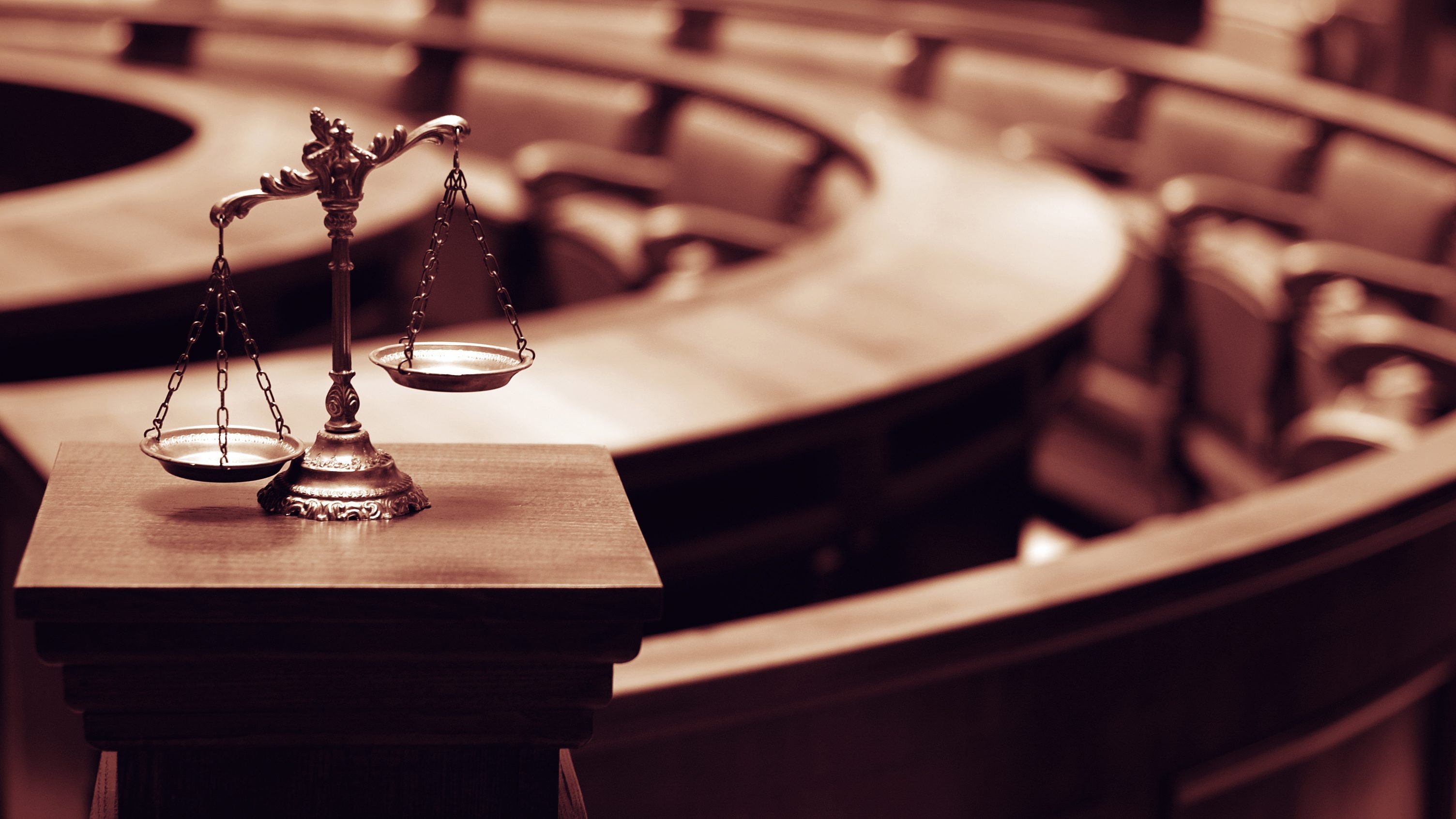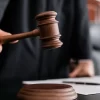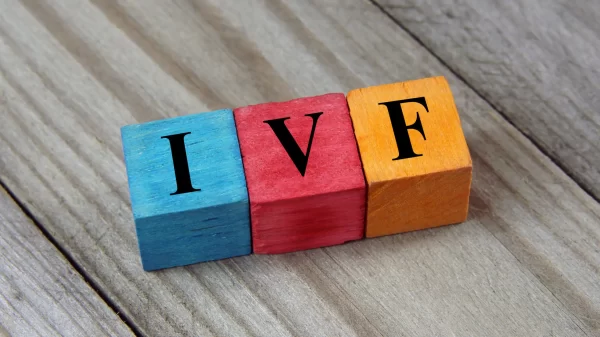The attorneys working for indicted Limestone County Sheriff Mike Blakely didn’t mince words Tuesday afternoon, following Blakely’s arraignment: They’re hoping the Alabama Supreme Court saves their client.
Blakely loudly pleaded not guilty to the 12 felony ethics charges he faces, and his legal team undoubtedly will mount a defense to those specific charges.
But before they get to the specifics, Blakely’s attorneys said they were hopeful that the Alabama Supreme Court will determine that the state’s ethics laws — at question in the appeal of former House Speaker Mike Hubbard’s conviction — are simply too vague.
“Everyone knows that there’s a case pending before the Supreme Court right now that could determine our case,” said Huntsville attorney Robert Tuten. “(The Hubbard decision) could change a lot of rulings. Could certainly make a difference in active cases, like ours.”
For now, a Limestone County Circuit Court judge has denied Blakely’s motions to dismiss on the grounds that the state’s ethics laws are too vague. And for good reason.
They’re not.
A jury of 12 regular folks in Lee County were able to decipher the laws and determine that Mike Hubbard clearly and knowingly broke 12 of them. The Alabama Court of Criminal Appeals gave him a break on one of the counts, knocking the total down to 11, but that’s where things stand.
More than three years after Hubbard’s conviction.
Cases like Blakely’s remind everyone that what’s happened in Hubbard’s appeal — the obviously political delays and phony hand-wringing — is shameful.
It has left judges and prosecutors and attorneys all over the state questioning what’s legal and what’s not. And as Tuten noted, it truly has put a number of verdicts in jeopardy.
All to protect a stone cold crook.
Look, we can debate a bunch of things in this state, but the fact that Mike Hubbard was 100 percent guilty of using his office for personal gain just isn’t one of them. The guy took a lucrative “consulting” contract with a pharmaceutical company, then instructed the House budget chairman to insert language into the budget that gave that company an exclusive deal, and then he voted to approve that budget.
If you look up “using your office for personal gain,” that’s the definition.
Hell, in an email to this state’s former governor, Hubbard actually wrote this: “Those ethics laws …. What were we thinking?”
That was in the midst of devising plan after plan to subvert those laws and use his status as speaker to profit personally. In court, day after day, witness after witness testified that they had no idea that when Hubbard was setting up meetings for the benefit of his clients that he wasn’t doing so as speaker. Because he was doing so as speaker.
The case against him just isn’t that hard to figure out. It is not some super complicated legal conundrum that will befuddle second-year law students for years to come.
And anyone who tells you differently has an agenda and probably a political campaign to worry about.
Like the justices on the Alabama Supreme Court.
They know this case isn’t a hard one to figure out. That’s why they’re dragging their feet. If they could justify tossing it, they would have done so months ago.
But they can’t. Because what Hubbard did was so clearly a misuse of his office, so clearly a man using his public position for personal enrichment that even the most conservative of conservatives would be outraged by letting him get away with it.
So, they’re stalling.
It has been more than 1,200 days since Hubbard was convicted. More than five years — FIVE FREAKIN’ YEARS! — since he was indicted.
The Appeals court issued a lengthy decision on the case, and took months to do so. The ALSC has, remarkably, entertained oral arguments and more briefs — all of it simply repeating all of the same things that have been repeated numerous times since this ordeal started.
In the meantime, this stalled case is raising issues for courts to continue to deal with. And depending on what the ALSC decides to do — because you never know, and you can’t exactly count on the law and precedent to guide it — it could jeopardize dozens of convictions and current cases. It is most certainly detering prosecutors and investigators from pursuing tough cases.
All to protect a criminal.
The fact is Alabama citizens like the ethics laws we have. And we’re fairly unconcerned with their vagueness. They were meant to deter elected officials from enriching themselves and treating everyone fairly. That’s what they’re doing.
And every single day, honest politicians in this state go to work, do their jobs and then return home without ever once coming close to violating an ethics law.
It can be done. Mike Hubbard chose not to.
And now, in the interest of protecting him, the state’s highest court is putting judges and prosecutors in tough positions, and potentially allowing other crooks to get away with their crimes.























































